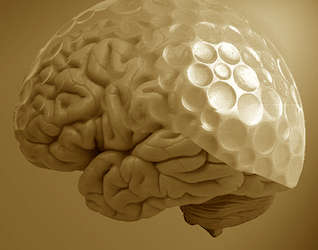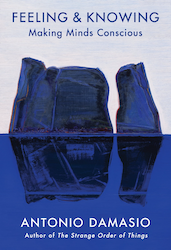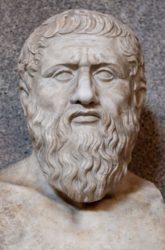Abstract: Can we explain consciousness as a phenomenon today? The problem is already rooted in matter: why do unexpected properties arise from certain physical organizations? Important subsidiary remark: these properties only appear at something at least as complex. It is therefore impossible to reduce the points of view of the constitution and the emergence to each other. It is in this opposition that a fragment of consciousness is born, whose planes are as reality becomes more complex, first in the material levels of information, then virtual in the depth of neural networks. Each level of reality constructs its own bidirectional interaction, the one that constitutes and the one that experiences its constitution. The higher the complexity, the richer and deeper the experienced phenomenon.
The quest for the concept of 'quality'
Science and reality: fusion, proximity or partnership? Between the analysis of the mind-body problem and soon that of causality, which are closely linked, it is useful to take stock of the current epistemology of science, and in particular the fundamental: What is the relationship between science and reality? How close are the models? We will … Read more










